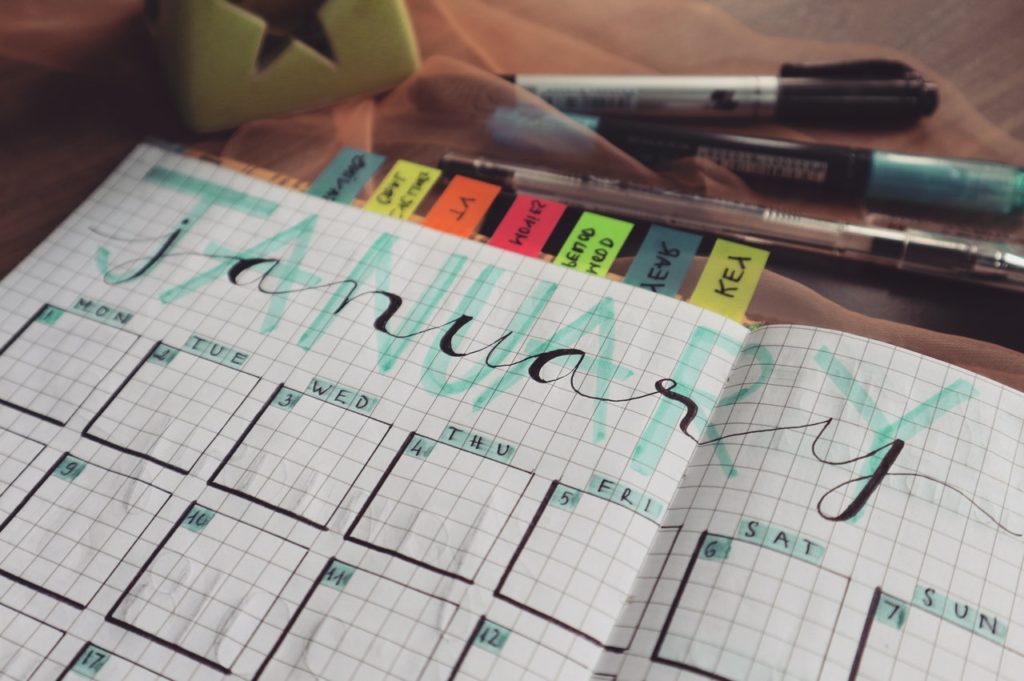By: Jessica Taylor, LPC
Here’s Why You Might Be Feeling More Depressed During January
The month of January is considered by many to be the most depressing month of the year. So, if you find yourself feeling extra tired, struggling to find the energy to get things done or having more negative thoughts, you might have a case of the “January Blues.” Here are the possible reasons for feeling more depressed this month and how to handle it if you are struggling.
Factors That Might Be Causing More Depression in January
- No Holiday Distractions
Starting in October, the holiday season is extremely busy for most people. This means that we are offered plenty of distractions which allow us to avoid any symptoms of depression that we are experiencing. Once Christmas is over, there is no shopping to do and no parties to attend, and we are left to deal with any difficult thoughts and feelings.
- Financial Stress
Speaking of the holidays, raise your hand if you too overspent this year! All jokes aside, the excitement and/or pressure that come along with the holidays, can lead to buying gifts that are out of our means. This means that in January, many people are getting a scary credit card bill, or even worse, wondering how they are going to pay their bills this month.
- More Grey Skies and Dark Hours of The Day
Winter months offer longer, darker days which can result in what is called Seasonal Affective Disorder (SAD). Symptoms of SAD are almost identical to symptoms of depression (such as lack of energy, changes in appetite, and tiredness), but are specifically caused by the change in season. The reason that seasonal changes can impact our mood is because the changes in sunlight can disrupt chemicals in our body such as serotonin and melatonin, which results in sleep issues and/or depressive symptoms.
What You Can Do About It
-
Have a Routine
Having a set routine from the time you wake up until the time you go to bed can help you accomplish tasks that you might not be particularly motivated to complete. It will also contribute to a going to bed at an appropriate time, to ensure that you are getting the sleep your body needs to function and maintain a healthy baseline mood the next day.
- Integrate Movement
At this point it is a cliché to say that exercise helps with symptoms of depression; that’s because it is true! But the word ‘exercise’ can feel really overwhelming, especially when you are feeling depressed. So instead, just think about the ways that you like to move your body (ie: walking around your neighborhood, looking up a free yoga class online or cleaning), and do that for at least 30 minutes per day to help manage your mood.
- Self-Care
Again, everyone is talking about self-care because it really is helpful. And easy! Just think about the things that make you feel good when you do them. Here are some ideas:
- Write in a journal
- Think about what you are grateful for
- Call a friend
- Do a puzzle
- Meditate
- Paint what you are feeling
- Use a Light Lamp
One common treatment for Seasonal Affective Disorder is sitting by a light lamp. Basically, this is a special kind of lamp, with an intense light, that you sit by during the day to help your body produce those good chemicals (serotonin and melatonin) that it needs to maintain a healthy sleep pattern and baseline mood.
- See Your Doctor
If you are experiencing an increase in symptoms of depression, it is important to see your primary care provider so that they can be sure this is not related to a medical condition, such as a thyroid condition or Vitamin D deficiency.
- See a Therapist
If you are noticing that these coping skills are not helping, and your symptoms of depression are negatively impacting your ability to function in any area of life, it might be helpful to engage in therapy. A therapist can provide the space for you to share any difficult thoughts and feelings and help you see all the strategies available to you to help move through this difficult time of year.

